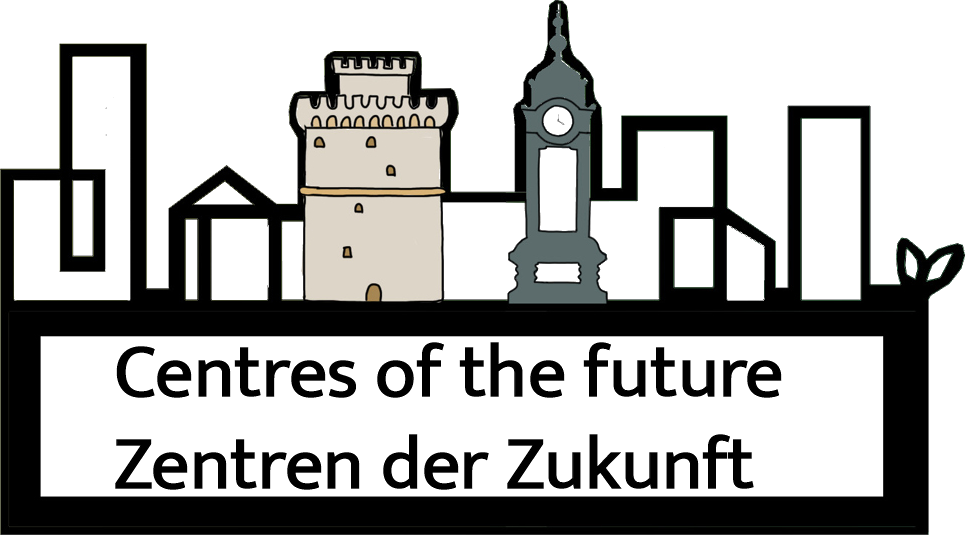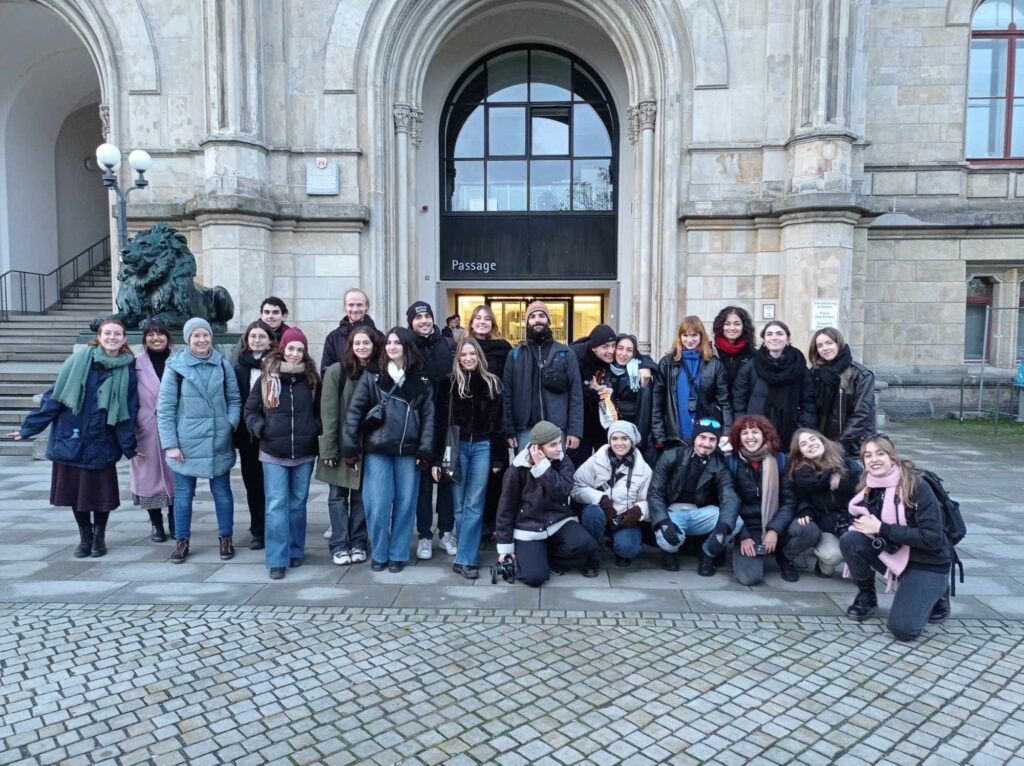The one-week excursions take place annually to both Thessaloniki and Hannover. During the excursions, urban and regional planning projects are visited (e.g. historic city centers, start-ups and pop-up stores, urban planning offices) and thematic tours are organized on the annual focus topics (e.g. real-labs, vacancy management projects).
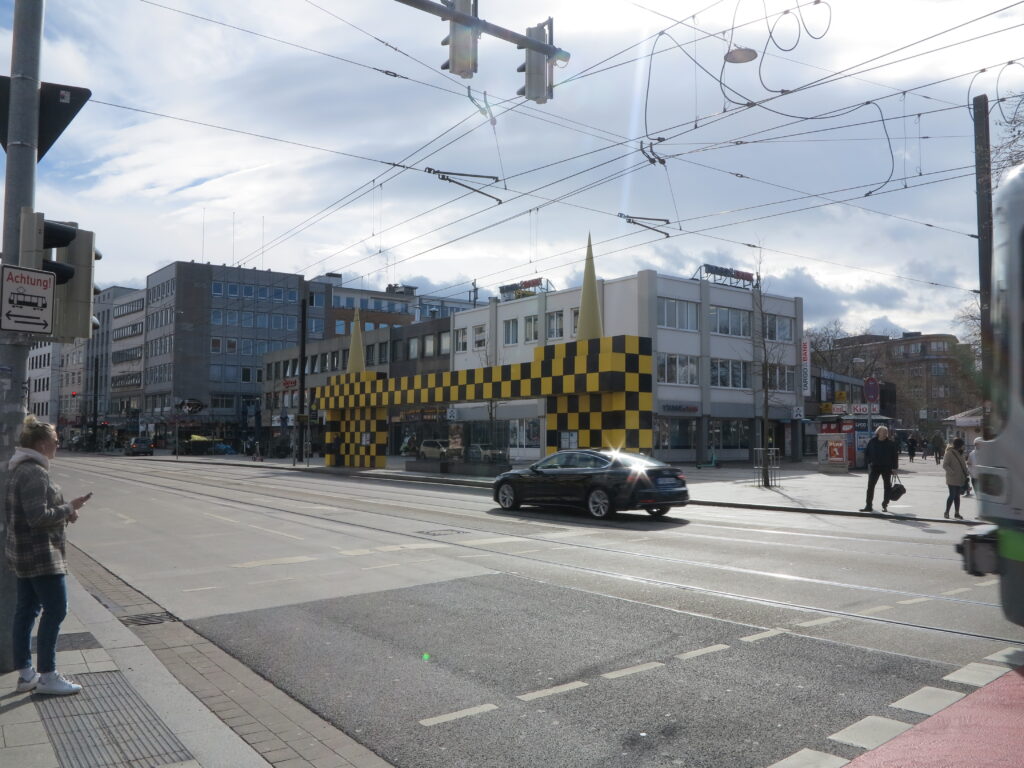
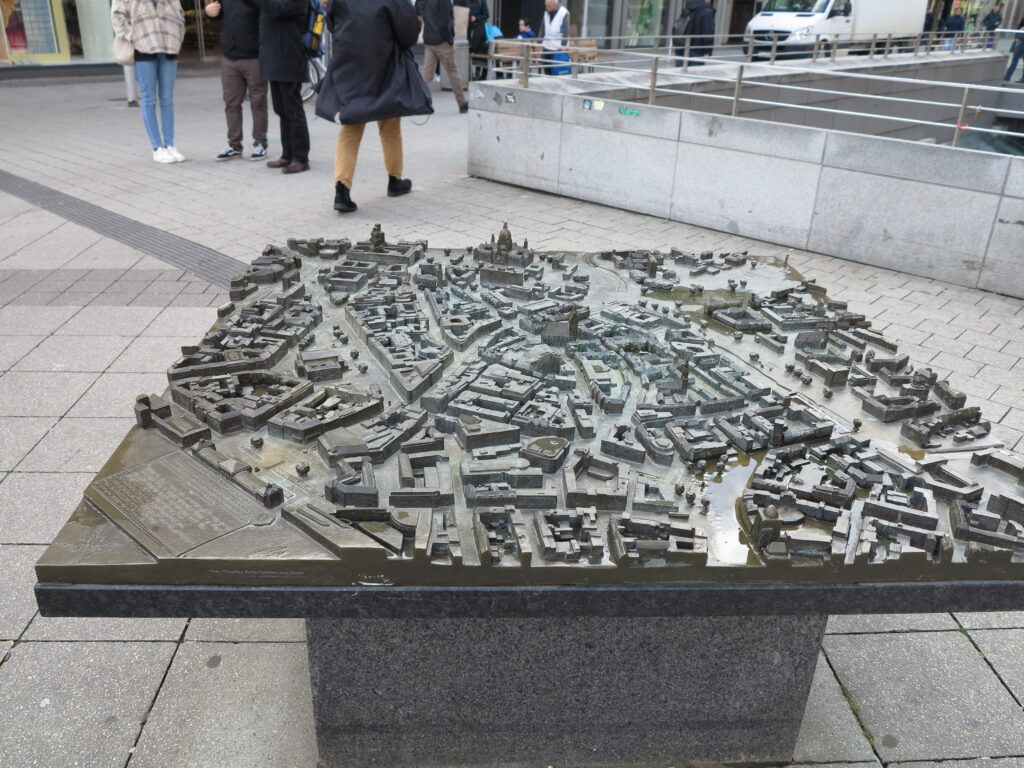
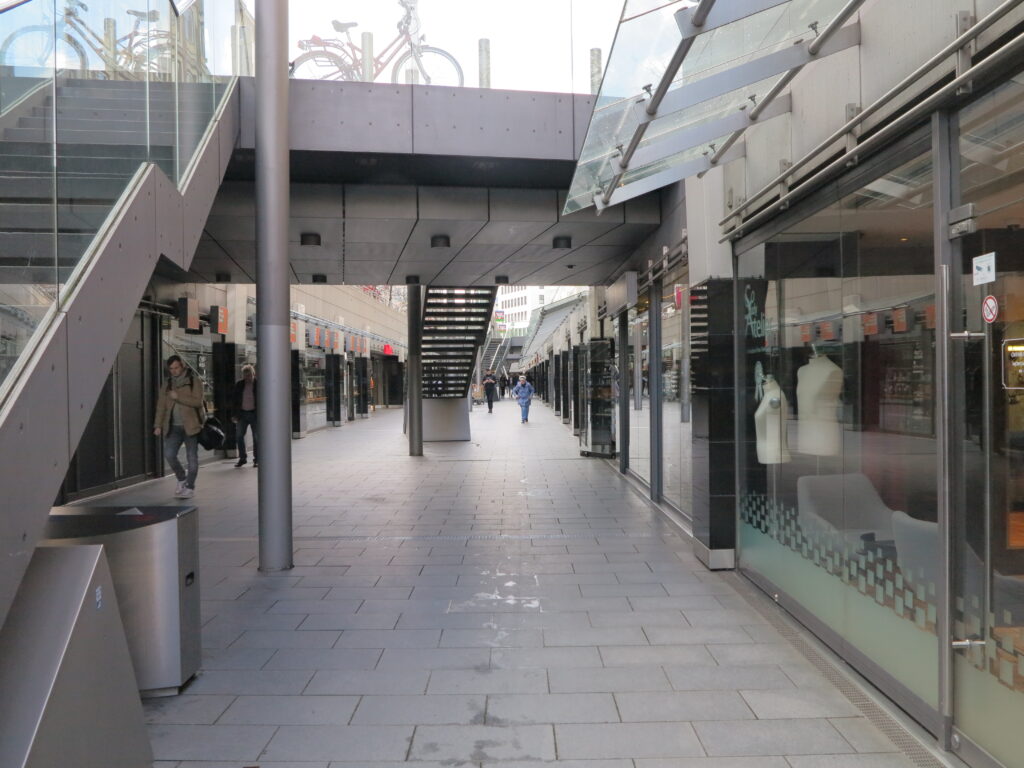
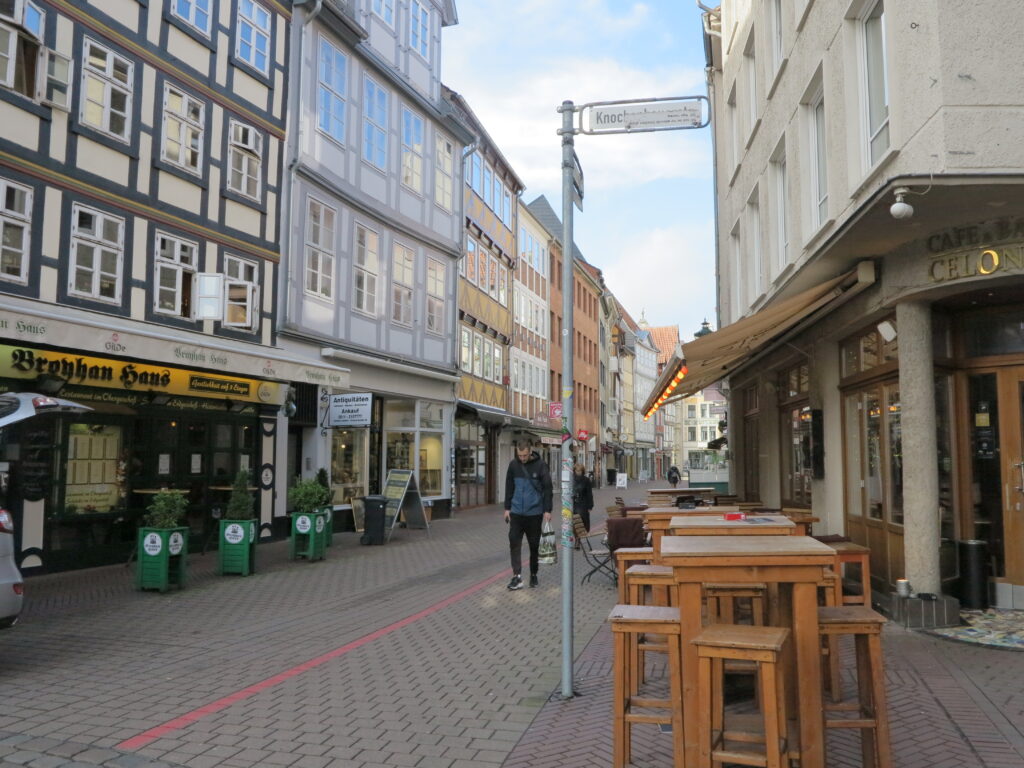
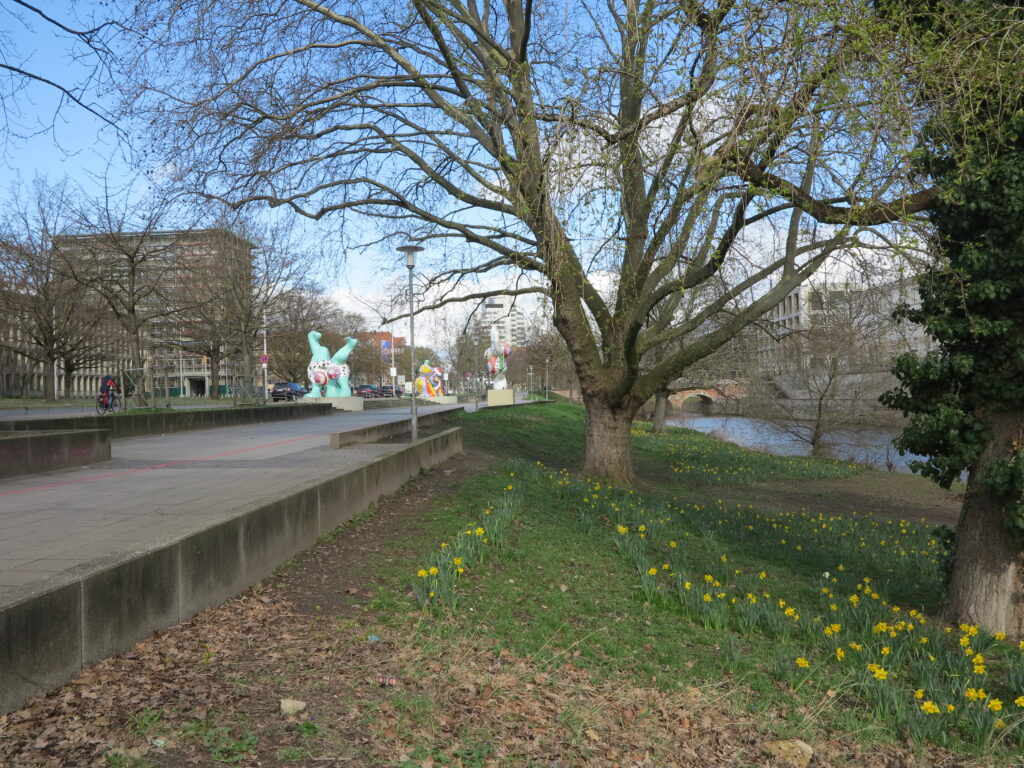
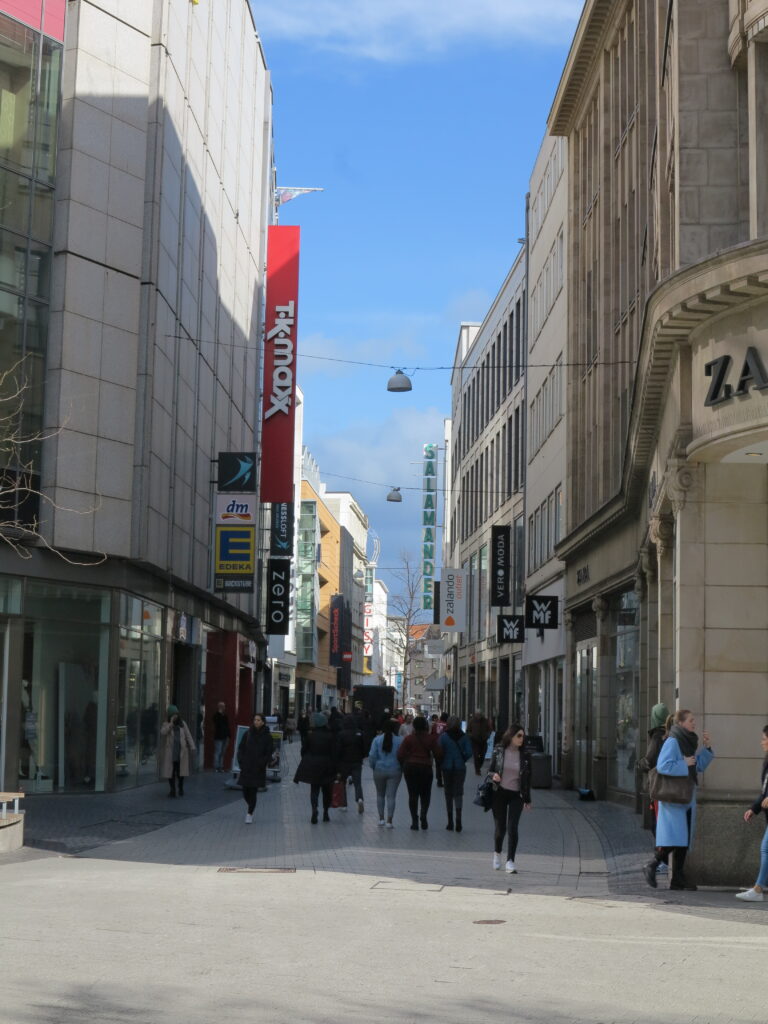
Excursion of AUTh students in Germany
From 16 to 19 November 2023, 24 students from the School of Architecture, Faculty of Engineering, Aristotle University of Thessaloniki (AUTh), Greece, visited Germany in the context of the 3-year university partnership with the Leibniz University Hanover (LUH), Faculty of Architecture and Landscape, Institute of Environmental Planning, under the title “Centre of the Future – Challenges and Opportunities for Sustainable Development” (FutureCentres). The educational excursion was one of the many research and academic activities implemented as part of this partnership and funded through the German Academic Exchange Service (DAAD).
The excursion allowed 24 students from AUTh, Thessaloniki, to visit the cities of Hanover, Hamburg, and Berlin in Germany. The students were accompanied by Loukas Triantis, assistant professor at the School of Architecture AUTh, and guided by Dr. Lena Greinke, Dr. Nora Mehnen, and Jonas Lamberg from the Institute of Environmental Planning LUH.
On Thursday 16th November the group explored the City of Hanover. Dr. Lena Greinke guided a tour around Leibniz University and through the facilities of the Faculty of Architecture and Landscape. Dr. Frank Scholles provided a detailed and in-depth presentation about spatial planning and development in Hanover. He presented an overview of spatial planning in Hanover Region and Hanover City, city development trends from the 20th to the 21st century, recent spatial strategies, and implementation by projects. During the discussion, Dr. Scholles responded to the students’ questions and remarks about Hanover. In the afternoon, Dr. Nora Mehnen and Jonas Lamberg guided the group through Leibniz University’s central venue, while also around Hanover’s inner city, and provided particularly useful insights on the city’s development, planning and architecture.
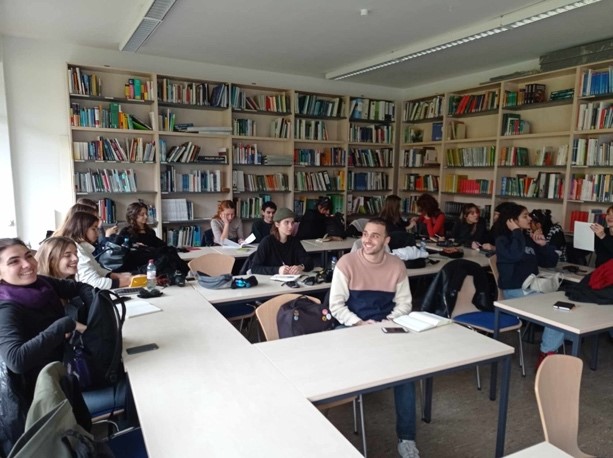
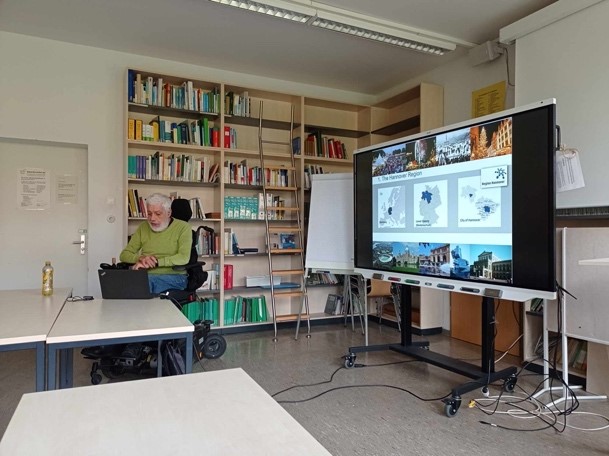
On Friday 17th and Saturday 18th November, the AUTh group explored the city of Hamburg. They visited the city centre and various neighbourhoods, the riverfront, and Elbphilarmonie, and discussed ongoing trends and projects. Of particular interest was the guided tour in Hafen City, which was also accompanied by Dr. Lena Greinke and Dr. Nora Mehnen. A representative of Hafen City Organisation, Mr. Thorsten Gödtel provided a thematic introduction to Hafen City planning aspects in the Kesselhaus info centre, overlooking the area’s large-scale model. This was followed by a guided tour through the central and western areas of Hafen City. Within the context of modern, sustainable city and architectural planning, the exciting development process of Hamburg’s newest urban district was explained. The students had the opportunity to learn about issues of planning, sustainability, climate change adaptation, housing mix, and green design.


On Sunday 19th November the AUTh group had the chance for a day-trip to Berlin. The trip allowed for a series of visits to architecture and urban planning developments. The group visited central areas, museums, monuments, urban planning and housing projects implemented over the last decades.
The excursion as an educational experience was particularly important, useful, and informative. The students from AUTh had the chance to explore new places, visit planning and architectural projects that they have studied in their modules, learn more about Hanover and other cities in Germany, and reflect on different educational environments, planning ideas and cultures, good practices and current challenges that cities are facing. Overall, the educational excursion strengthened the bonds between the Leibniz University of Hanover, Institute of Environmental Planning, and the Aristotle University of Thessaloniki, School of Architecture. Students, young scientists, doctoral candidates, and professors from both institutions engaged in a particularly fruitful activity of common learning and academic exchange.
